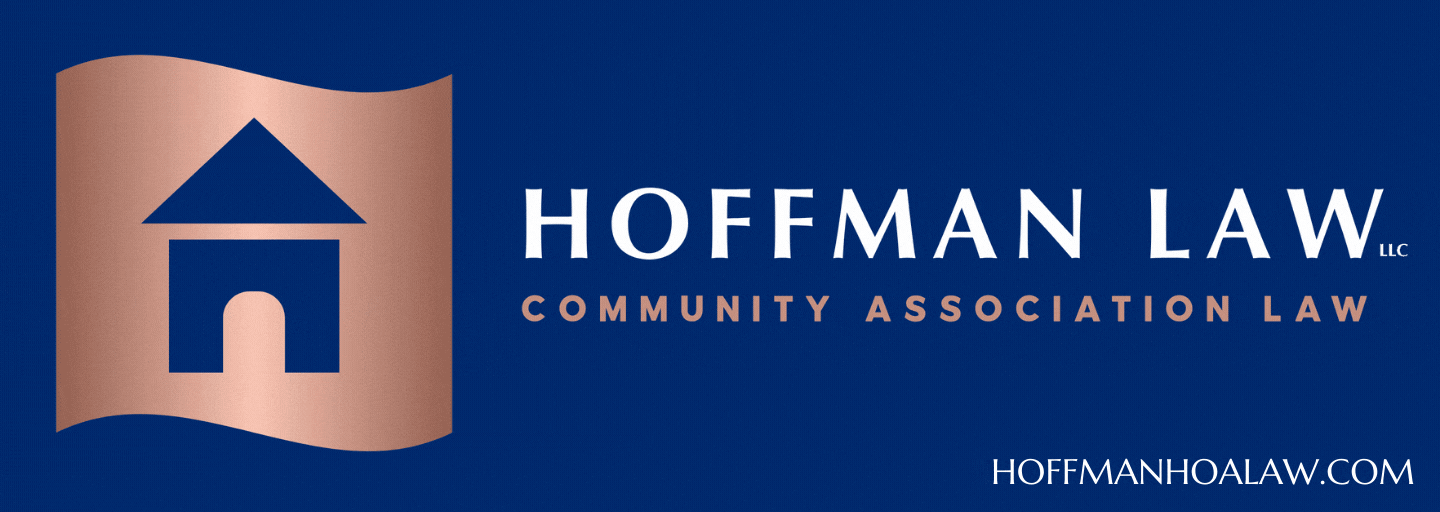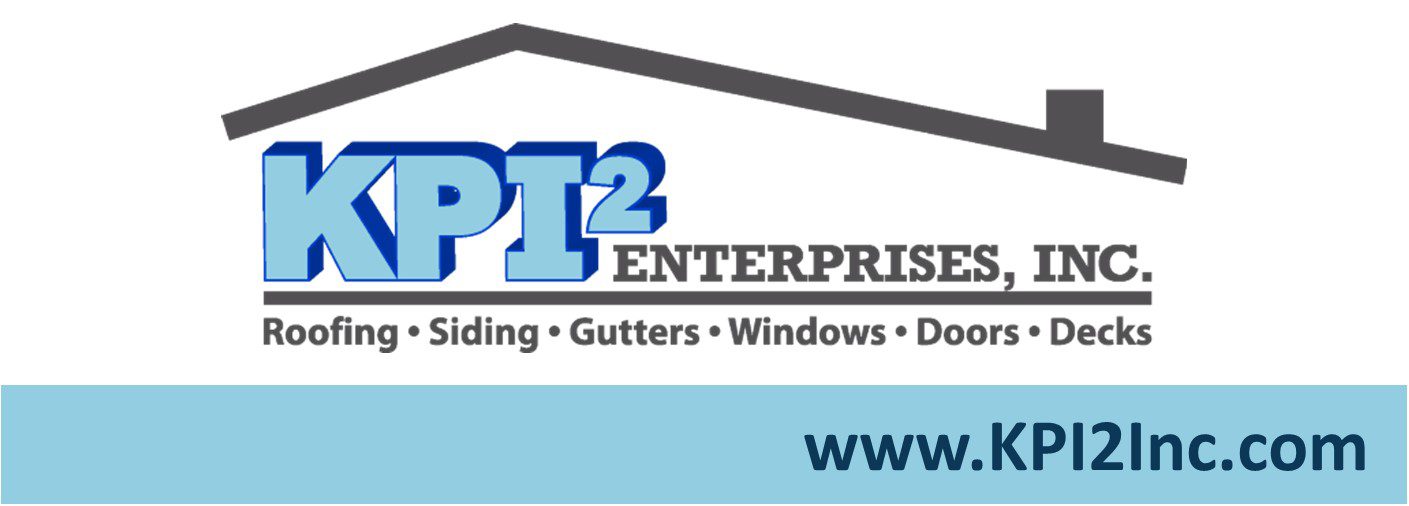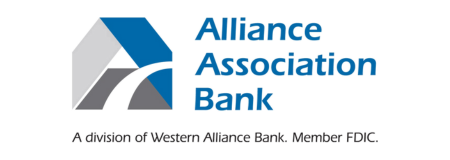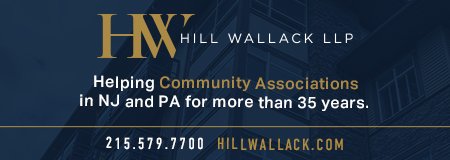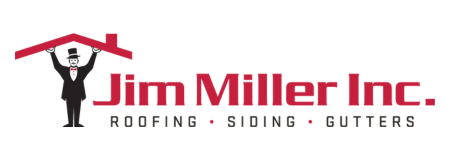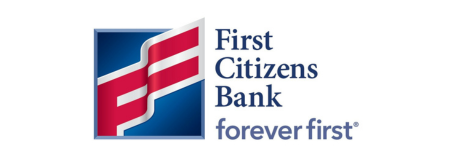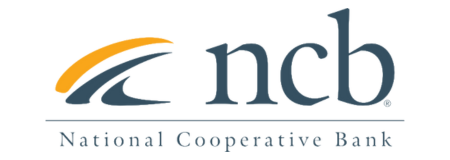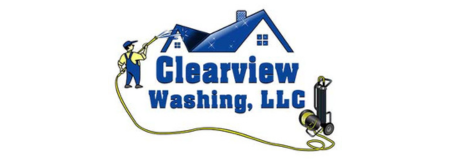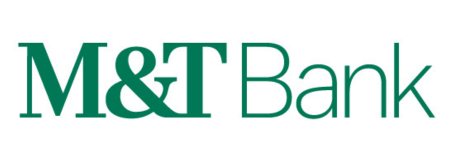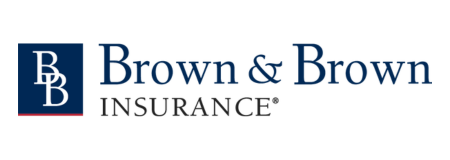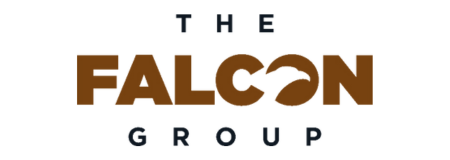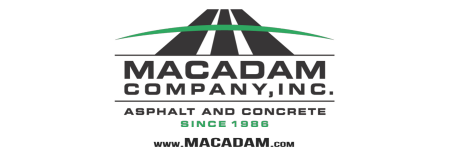
Current Pennsylvania Legislation
CAI's Pennsylvania Legislative Action Committee priorities in the current two year legislative session.
Find Your Pennsylvania State Legislators
Click here to find your state representative and state senator using your home address.
Each year, CAI hosts a Legislative Advocacy Summit where members meet with their state legislators to advocate for CAI’s legislative priorities. Check back soon for the date for the 2023 Advocacy Summit in Harrisburg.
2023-2024 Legislative Session Priority Bills
The Pennsylvania Legislative Action Committee (LAC) has reviewed and taken positions on the following Bills currently pending in Harrisburg.
Pending - Community Association Data Transparency
CAI supports this Bill. This legislation would amend the Municipalities Planning Code to require County Planning Commissions to include CIOC data in their currently required annual report. Counties would be required to collect, maintain, and make available upon request, information identifying condominium associations, cooperative housing developments, and planned communities located within the boundaries of the County. While it is estimated that 2.8 million PA residents live in a common interest ownership community (CIOC) and that roughly 80 percent of new housing starts since 2000 are CIOCs, the actual number and location of these communities is, by and large, unknown. Senate Bill 855 would mandate the collection of data, including information such as name, physical location, land area, lot size, number of units and location and would aid the State in assessing the impact of legislation specific to CIOCs. To mitigate the impact on County governments, amendments to the original bill would permit the County to make the data available to the public at a cost not to exceed that allowed under the state Right to Know Law and would also permit the posting of the data in electronic form.
- House Co-Sponsor Memo
- Read the text of the Bill / View Roll Call Votes
Pending - Homeowner Association Contributions Tax Equity
CAI supports this Bill. This legislation seeks to address what amounts to “double taxation” for residents living throughout our Commonwealth in condominium and homeowner associations. This occurs because homeowners in many of these communities are required to pay annual assessments for the upkeep and maintenance of commonly owned facilities and infrastructure such as water and sewer facilities, trash removal and similar services. At the same time these homeowners are paying municipal taxes for similar facilities and services that other homeowners living in the same municipality but not in a planned community receive. Under this proposed legislation, homeowners living in planned communities would, through their homeowners' association, be able to negotiate with the municipality to supply the service or reimburse the homeowners for the actual costs incurred by these homeowners for the services.
House Co-Sponsor Memo
Read the text of the Bill // View Roll Call Votes
House Bill 1289 - Discharging Discriminatory Real Estate Covenants - SUPPORT
CAI supports this Bill. Introduced by Representative Justin C. Fleming on June 1, 2023: This legislation would amend Title 68 (Real and Personal Property) of the Pennsylvania Consolidated Statutes, in residential real property, providing for discharging discriminatory real estate covenants; and establishing the Unlawful Restrictive Covenant Discharge Reimbursement Fund. Bill signed into law on December 14, 2023.
House Bill 1716 - Unincorporated Associations - SUPPORT
CAI supports this Bill. Introduced by Representative Perry Warren on September 26, 2023. In addition to other provisions, this legislation would restore the ability to register as an unincorporated association in the Commonwealth of Pennsylvania, which impacts many community associations in the Commonwealth.
Passed the House 203-0 on November 13, 2023
House Bill 1179 - Solar Access for Clothes Drying
CAI supports amendments to this Bill. Introduced by Representative Lisa Borowski on May 19, 2023. This legislation would ensure residents who live in a community association the right to solar access for drying laundry and would allow the association to regulate aspects of the location of clothes drying racks. CAI supports an amendment, accepted by the Bill’s sponsor, that would allow each association board to adopt reasonable rules to address safety concerns relevant to the unique features (density, design and construction) of the association. In addition, the amendment adds protective language to prevent a constitutional challenge to the legislation as it relates to retroactivity.
Philadelphia City Council Bill 220299 - High Rise Building Retrofit for Sprinklers - OPPOSE
CAI opposes this Bill. Introduced by Councilmembers Mark Squilla and Katherine Gilmore Richardson, the Bill would require the installation of fire sprinkler systems in all existing high-rise condominium, cooperative and apartment buildings (buildings higher than 75 feet), costing unit owners and renters between $20,000 to $50,000 per unit. Beyond the impact on both market-rate rental housing and individually owned condominiums, this bill could devastate affordable housing in the city due to the astronomical cost of compliance. Bill died in committee at end of session.
Click here to learn more and sign a letter to City Council opposing this legislation.
House Bill 1249 - CIOC Transparency - OPPOSE
CAI opposes this Bill. Introduced by Representative Dave Madsen on March 25, 2024. CAI opposes this Bill. This legislation purports to protect the rights of homeowners and increase transparency. CAI has concerns with various provisions of this legislation including the mandate that would permit unit owners to record meetings, requirements to disclose legal opinions that would violate the attorney-client privilege, and requirements to make collections and enforcement records available which may run afoul of the Fair Debt Collection Practices Act.
House Bill 62 - Real Estate Disclosure - OPPOSE
CAI opposes this Bill. Introduced by Representative Robert Mecuri on March 7, 2023: The intent of this legislation to strengthen the real estate disclosure process for a purchaser in a common interest owned community.
Read the text of the Bill // View Roll Call Votes
CAI opposes this legislation for the following reasons.
The penalties on the association – both in prohibiting any fee for preparation and provision of an accurate resale certificate and associated documents, and in prohibiting “any fee” if the association fails to timely provide a “current” certificate – interfere with the business of association management and also puts an unreasonable burden on owner-managed associations.
The Bill also uses undefined terms, such as “current” and “actual costs incurred,” which complicate an analysis of the bill.
HB 62 incorrectly restates or summarizes details already in the statute, like the requirement that the governing board must be made up of unit owners, when the law does not otherwise require 100% of the board to be composed of unit owners, and when declarant appointees do not need to be unit owners. A significant problem in a restatement of the existing law is that in statutory construction, I believe the new text would be seen to override competing prior language.
The Bill has a requirement that a signed receipt be collected from the buyer, but does not define who must collect and retain the document, what happens if the signed receipt is not collected, or a penalty for failure to do so.
There is also a recitation of legal advice regarding what sorts of actions can be brought as private civil matters and then an incomplete statement of matters which may be properly brought before the state Attorney General’s Bureau of Consumer Protection.
The requirement that the required new notice must be written in a font four times the largest font in the Resale Certificate also underscores the lack of thought put into this Bill, If the Certificate uses a 12-point font, then the notice would be in 48-point type and take up six or seven pages all by itself.
Overall, this Bill is inelegantly written, does little to help associations or to protect consumers, places unreasonable burdens on associations and managers, and overrides or conflicts with other sections of the three acts.
House Bill 1759 - Solar Panels in Condominiums - OPPOSE
CAI opposes this Bill in it's current form, but supports potential amendments that would provide a comprehensive approach to the issue of solar panels in community associations. Introduced by Representative Liz Hanbridge on October 16, 2023. The co-sponsor memo for this legislation states the Bill seeks to prevent homeowners associations (HOAs) from prohibiting or restricting the installation or use of a solar energy system on a detached roof or townhouse. Yet, the Bill is written to only apply to condominium associations, which brings up issues of ownership, liability, and more. CAI is open to working with the Bill's sponsors to author legislation that CAI can support.
Senate Bill 31 - Solar Panels
CAI has not take a position on this Bill. Introduced by Senator Katie Muth on January 18, 2023. This legislation seeks to ensure homeowners’ associations (HOA) allow for the installation of solar panels and solar energy systems on homes within their communities.






